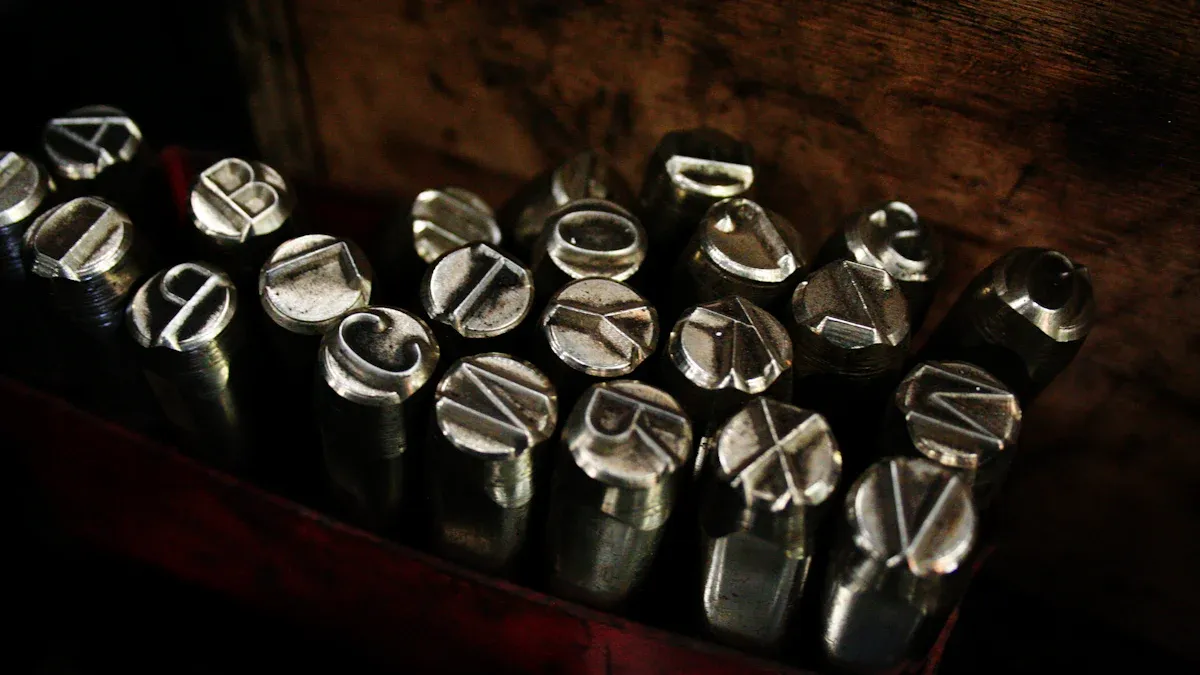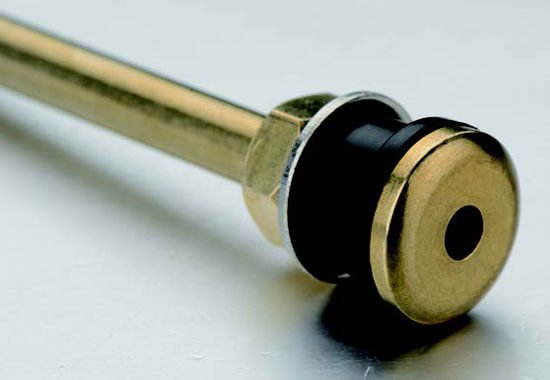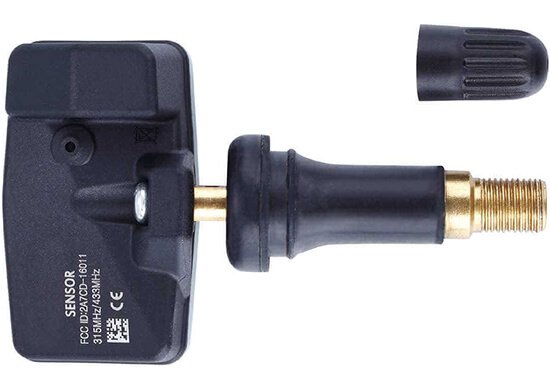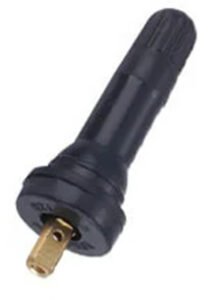

rubber tpms valves
home > rubber tpms valves
rubber tpms valves

| TPMS-1 | |
|---|---|
| PACKAGE | 100 pcs/bag, 10 bags/case |
Detailed data
| REFERENCE PART NUMBER | Schrader kit: 20043 |
| APPLICATION DATA | T-10 Screw Torque: 12.5 inch Ibs. (1.4 Nm) |
| For VDO TG1D |

| TPMS-2 | |
|---|---|
| PACKAGE | 100 pcs/bag, 10 bags/case |
Detailed data
| REFERENCE PART NUMBER | Schrader kit: 20635 |
| Dill kit: VS-65 | |
| APPLICATION DATA | T-10 Screw Torque: 12.5 inch Ibs. (1.4 Nm) |
| For TRW Version 4 sensor |

| TPMS-3 | |
|---|---|
| PACKAGE | 100 pcs/bag, 10 bags/case |
Detailed data
| REFERENCE PART NUMBER | Schrader kit: 20018 |
| Dill kit: VS- | |
| APPLICATION DATA | T-10 Screw Torque: 12.5 inch Ibs. (1.4 Nm) |
| Nut torque(n-m):2 | |
| Core torque(in-Ibs):2-5 | |
| Core torque(n-m):.23-.56 | |
| For Schrader Rev 4 |

| TPMS-4 | |
|---|---|
| PACKAGE | 100 pcs/bag, 10 bags/case |
Detailed data
| REFERENCE PART NUMBER | Schrader kit: 20018 |
| Dill kit: VS-20 | |
| APPLICATION DATA | T-10 Screw Torque: 12.5 inch Ibs. (1.4 Nm) |
| Nut torque(n-m):2 | |
| Core torque(in-Ibs):2-5 | |
| Core torque(n-m):.23-.56 | |
| For Schrader Rev 4 |

| TPMS-5 | |
|---|---|
| PACKAGE | 100 pcs/bag, 10 bags/case |
Detailed data
| REFERENCE PART NUMBER | Dill kit:VS-30 |

| TPMS-6 | |
|---|---|
| PACKAGE | 100 pcs/bag, 10 bags/case |
Detailed data
| REFERENCE PART NUMBER | Dill kit:VS-90 |

| TPMS-7 | |
|---|---|
| PACKAGE | 100 pcs/bag, 10 bags/case |

| TPMS-8 | |
|---|---|
| PACKAGE | 100 pcs/bag, 10 bags/case |
Detailed data
| REFERENCE PART NUMBER | T-10 Screw Torque:12.5 inch Ibs.(1.4 Nm) |
| For EU-Hybrid Torque 3.5,Schrader Gen 4 |

| TPMS-9 | |
|---|---|
| PACKAGE | 100 pcs/bag, 10 bags/case |

| TPMS-10 | |
|---|---|
| PACKAGE | 100 pcs/bag, 10 bags/case |
//
Specialized manufacturers

One of the best ways to buy rubber TPMS valves is from a company that makes them for a living. As a manufacturer, Fortune is proud to make high-quality TPMS valves that meet industry standards. When you buy from us, you can usually find a wider selection of products, including a variety of sizes and specifications customized for different vehicle models. And, of course, Fortune offers warranties and customer support to protect you if there are any issues.
//
Consulting Customer Service

No matter where you choose to purchase your rubber TPMS valve, Fortune recommends that you consult with one of our qualified customer service representatives. Our team of experts is ready to answer any questions you may have about TPMS valve compatibility, installation and maintenance. They can provide valuable insights and recommendations based on your specific vehicle needs.
//
Professional after-sales

Fortune’s qualified technicians have the necessary training and experience to ensure proper installation of TPMS valve chambers. They understand the complexities of the system and can recognize any potential problems that may arise during installation. Avoid the costly repairs that an incorrect installation can lead to later. You can rest assured when you entrust the installation of your TPMS valves to the professionals at Fortune.
How to choose the right rubber TPMS valve
One of the key systems in a vehicle to ensure safety and efficiency is the Tire Pressure Monitoring System (TPMS). These systems help ensure proper tire pressure, which improves fuel efficiency, handling, and tire life. Valves are one of the key components of a TPMS. Today, Fortune will explore the factors to consider when choosing rubber valves, the benefits of using valves, and installation and maintenance tips.
What is rubber tpms valves and its components?
TPMS is an electronic system that monitors the air pressure inside a vehicle’s tires. It alerts the driver when the tire pressure falls below a certain threshold value.
1. If your tires are low on air pressure, your car will slide more. Your tires may even blow out.TPMS can avoid accidents by alerting the driver when tire pressure is too low.
2. Proper tire pressure helps improve fuel economy. When tire pressure is too low, it takes more energy to move the car, which consumes more gasoline.
3. Continuous monitoring of tire pressure extends tire life. Inadequate tire pressure can lead to uneven wear and tear, which can result in frequent tire changes.

Why choose rubber TPMS valves?
Flexibility and durability
Rubber is a flexible material that can withstand the pressures of inflating and deflating tires. It has good corrosion resistance, making it a durable choice for tire valves. 2.
Cost-effective
Rubber valves are usually more economical than metal valves and are an economical choice.
Compatibility
Rubber TPMS valves are compatible with a wide range of vehicles and tire types, making them a versatile choice in most situations.
Ease of Installation
Rubber valves are usually easier to install than metal valves and require less specialized tools and expertise.
Factors to consider when selecting a rubber TPMS valve
TPMS valves are essential for the system to work properly. Rubber valves are ideal for vehicle owners because they are affordable, easy to install, durable, and compatible. There are several factors to keep in mind when choosing a rubber TPMS valve.
Vehicle compatibility
The first step in choosing the right rubber TPMS valves is to make sure they are compatible with your vehicle. Different vehicle TPMS designs may require specific types of valves. Check the owner’s manual or consult a professional to determine the correct valve specifications.
Valve Length
Rubber Tire Pressure Monitoring System (TPMS) valves come in a variety of lengths. The length you choose should match the tire size and wheel design. A valve that is too short may not contact the tire properly, while a valve that is too long may interfere with the wheel assembly. Before purchasing, measure the valve length required for your particular tire and wheel combination.
Pressure levels
Ensure that the TPMS rubber valve you select is capable of meeting the pressure requirements of your tires. Most standard rubber valves are designed to handle typical tire pressures, but be sure to verify their pressure rating to avoid any potential problems.
Quality and brand reputation
Not all rubber TPMS valves are created equal. Valves made by reputable, reliable and trustworthy manufacturers should be selected. Reading customer reviews and asking for testimonials can help you find a brand you can trust.
Type of installation
Consider whether you need a valve that requires professional installation or one that can be easily installed at home. Some rubber TPMS valves come with an installation kit that contains all the necessary components, while others may require additional tools or expertise.
Heat resistance
Tires experience drastic temperature fluctuations, which can affect the performance of rubber valves. Choose valves that are resistant to both high and low temperatures to ensure that they work well in any situation.
Warranty and support
A good warranty can give you peace of mind when purchasing a rubber tire pressure monitoring system (TPMS) valve. Look for products that come with a warranty or guarantee, which shows that the manufacturer has confidence in their product.

Rubber TPMS Valve Installation and Maintenance Tips
These valves are responsible for monitoring tire air pressure and alerting you when the pressure falls below a safe level. If the TPMS valves are not installed correctly, this can lead to inaccurate readings, which can result in under-inflated tires. Underinflated tires can lead to several problems, including reduced fuel efficiency, increased tire wear, and even dangerous blowouts.
Check regularly for signs of damage
The job isn’t over once the installation is complete. Regular maintenance is essential to ensure that these components are operating efficiently. The most critical part of maintenance is checking the rubber valves for signs of damage. Over time, rubber degrades due to exposure to heat, UV rays, and other environmental factors. This degradation can manifest itself in a variety of ways, including valve cracking, leaking or even complete failure.
Cracking is a common problem that occurs during the aging process of rubber. Small cracks may appear on the surface of the valve, compromising its integrity. If left untreated, these cracks can lead to air leaks and ultimately a drop in tire pressure. Similarly, air can leak from the bottom of the valve (where the valve connects to the tire). Regularly check your TPMS valves for these signs of damage.
conclusion
Choosing the right rubber TPMS valve is critical to maintaining the safety and performance of your vehicle. By considering factors such as vehicle compatibility, valve length, pressure rating and brand reputation, you can make an informed decision. With the right rubber TPMS valves, you can drive with confidence knowing that your tires are properly monitored and maintained.
FAQ
What is TPMS & How does it work?
Tire pressure monitoring system (TPMS) is an essential feature in a car. The TPMS valve is its core component, and the rubber valve plays a key role in the system’s functionality. Rubber TPMS valves are popular because they’re cheap and easy to install.
TPMS is a device that checks the air pressure in a car’s tires and notifies the driver if the pressure drops too low. Proper tire pressure makes driving easier and safer, and it also helps you save on gas. If your tires don’t have the right amount of pressure, they’ll have more resistance as they roll, which uses more gas.
When should I replace the TPMS valve?
Fortune suggests replacing the rubber valves of your TPMS every five to seven years. It’s a good idea to replace the TPMS valves when you replace your tires. This is a good opportunity to make sure the monitoring system is working well. When you install new tires, the old valves might not work as well because they are worn out. Replacing the valves when you change the tires can prevent problems and ensure that the TPMS system works well.


